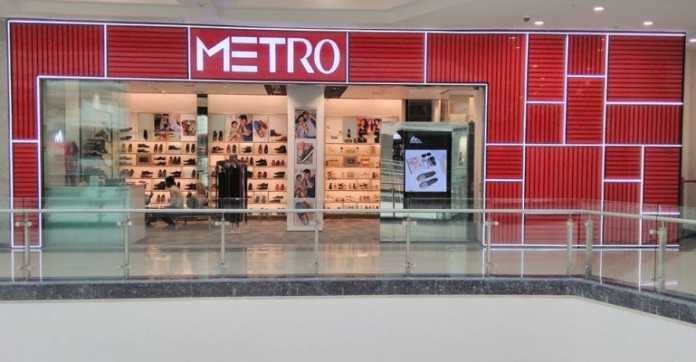The Federal Board of Revenue (FBR) has found systematic tax evasion by Metro Shoes, one of the largest brands in the country.
A team of the Enforcement Zone of Large Taxpayers Unit (LTU) identified the “electronic sales suppression fraud” during an inquiry into the business in December 2021.
The top tax body also produced an infographic to demonstrate how Metro was masking its true sales with the assistance of the in-house staff of IT professionals.
It indicates the Metro Shoes Head Office (HO) gathered the actual sales data from all retail branches in real-time and transmit only selective transactions to FBR in order to dodge tax.
FBR added that a “phantomware” was constructed by the “in-house IT team of Metro Shoes, and incorporated in the retail POS system branches.”
The tax agency has launched a Point of Sale (POS) Integration system in order to assure digital monitoring/ reporting of every sale.
The corporation was internally utilizing “online sales” and “offline sales” phrases. Online sales were those reported to FBR whereas records of offline sales were not shared with the tax body.
The inquiry revealed that the Metro Shoes Head Office used to give an objective for “online sales and offline sales” to its branches, adding that the sales data going to the HO from retail outlets was segregated and only record of online sales was shared with FBR.
It asserted that the in-house “phantomware” runs on a false algorithm;
If cashier ID = ’36’, then: push transaction to FBR, Print exact invoice #.
If cashier ID ≠ ’36’, then: Don’t push transaction to FBR, Print earlier “36 # transaction”.
The cashiers at specified retail branches punched transactions using “Cashier ID” (36 or non-36) (36 or non-36). While every invoice presented to clients featured a QR code and the associated FBR invoice number (#), the tax regulator pointed out that the phantomware kept on removing offline sales data from branches to limit the chance of fraud discovery.




